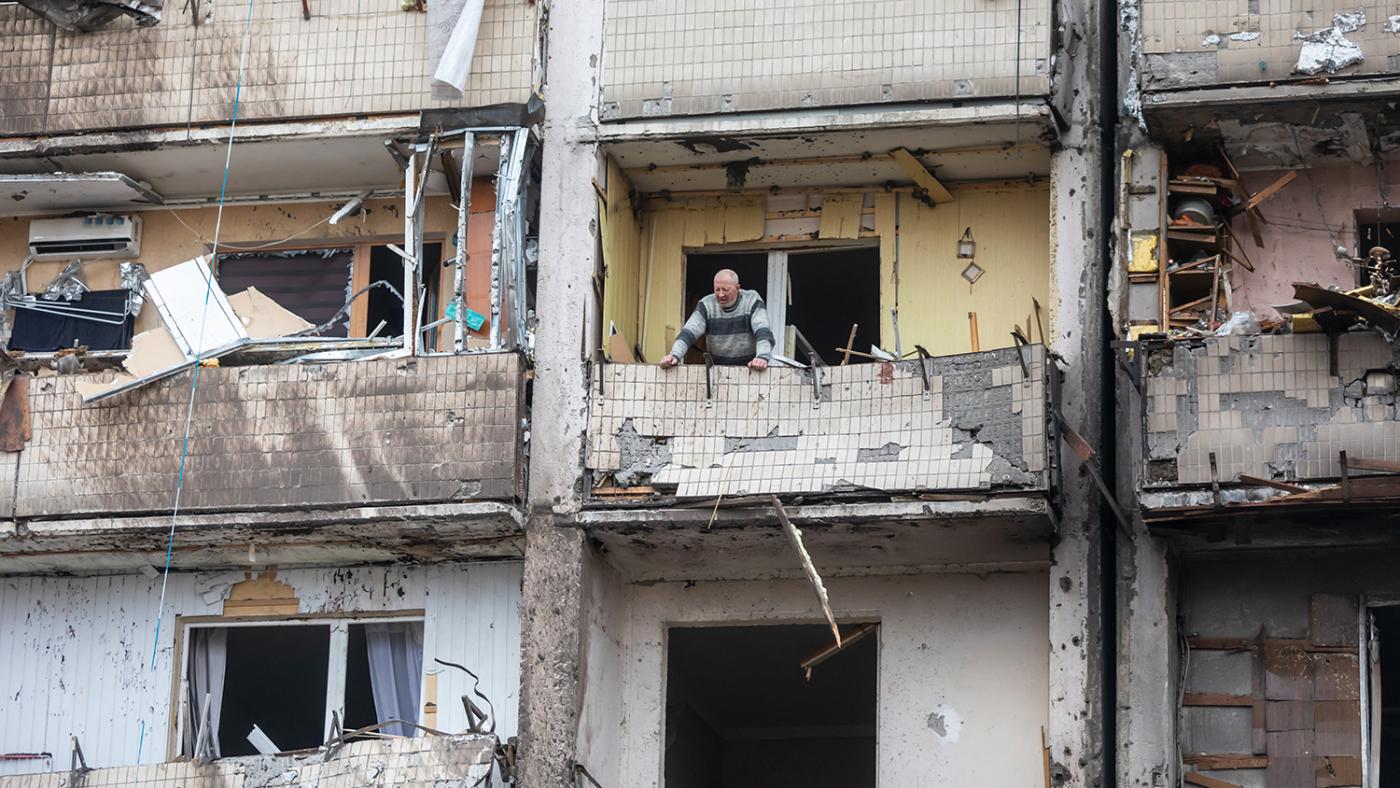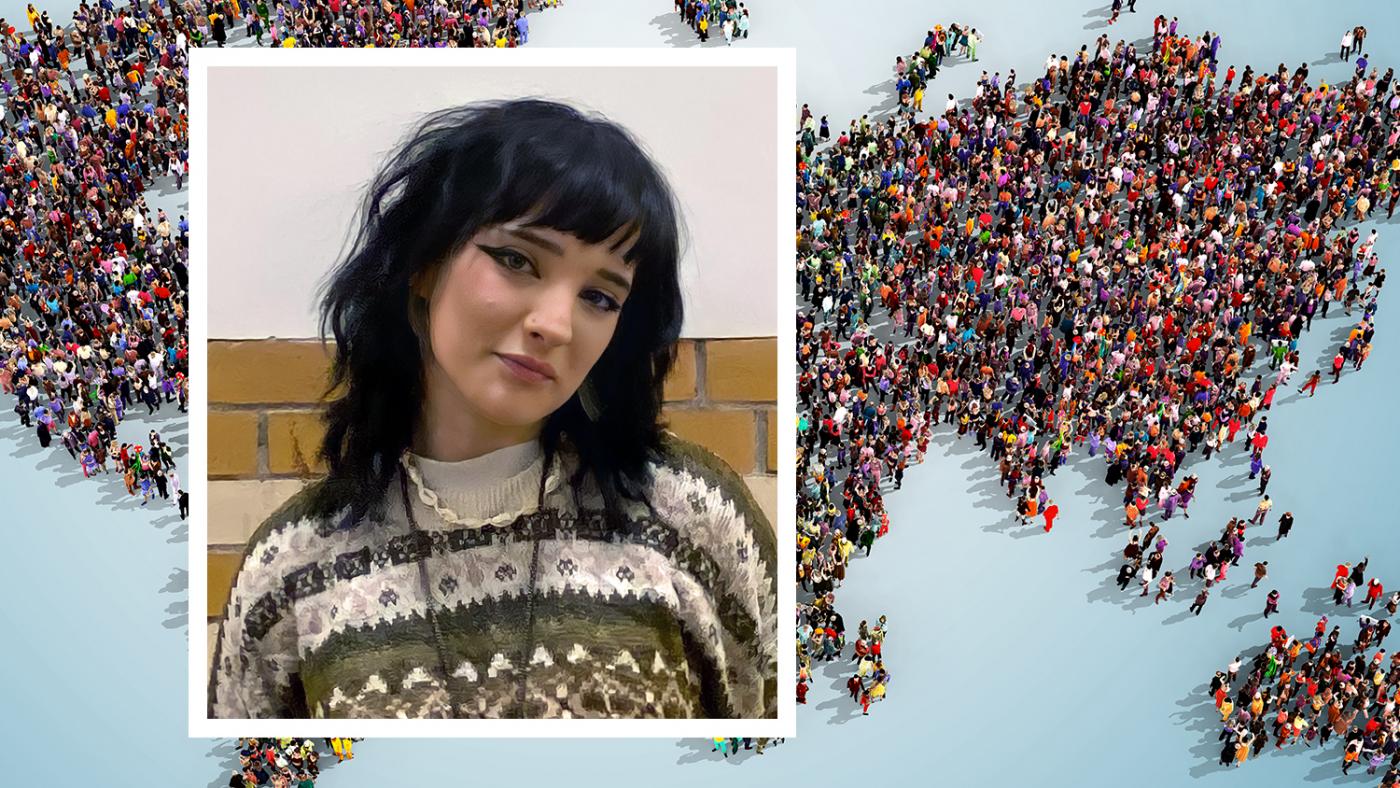'This is not just a trending topic'
War through the telephone

On February 24 I was awoken by a phone call from home: under the guise of eradicating Nazism, Russia, twenty-eight times larger and with a population of 100 million more, invaded Ukraine in a surprise attack on residential buildings and public facilities. Within a very short amount of time, I learned that being an immigrant does not mean being able to be free of the country you left behind.
I believe that I spent around two months in Ukraine in total. My parents’ home country was always more of a concept than a real place. Despite that, we did not forget our roots - we ate Slavic food, watched Soviet movies, and celebrated Orthodox Christmas in January. Introducing myself to people at University I developed a catchphrase - “I’m Ukrainian but I grew up in Germany.” Sometimes I hesitated - was I right to claim to be from a country whose language I did not even speak? After the invasion, the response to it was looks of pity and exclamations of sympathy. “Is your family safe?” Occasionally it was even vaguer: “How is it with the war?”. I developed more catchphrases. “My family is safe for now.” “My aunt and cousin live with us in Germany at the moment.” “My grandparents stayed there.” I always respond with a smile and a lot of patience, secretly wondering what their comments hope to accomplish beyond offering condolences. I was immensely grateful for their concern, but how would they react if I told them that someone in my family had died?
In the months following the start of the war, I could not escape the colours of yellow and blue. Taken aback by the support from the general public of the Netherlands, I saw my country’s flag hanging in windows, in shops and on informational posters. Feeling helpless, I volunteered to collect supplies and stick flyers into mail slots but the feeling of guilt persisted, eventually turning into frustration. Social media, previously my way to alleviate stress, became impossible to navigate without constant reminders of my situation. People who were never politically engaged prior to that suddenly had the Ukrainian flag in their profile pictures and nobly posted about their newly-discovered fascination for the current atrocity. Every time I inquired into how posting photos of rubble or videos of bleeding soldiers would help anybody, I received yet another catchphrase: “it’s to raise awareness.” Once again I was grateful, but the thought of what would happen when interest would fade persevered.
After the awareness was sufficiently raised and interest was lost, the spotlight was given to more controversial viewpoints. I was asked my opinion on why my people were treated better than migrants from the Middle East. Of course, I agreed that white privilege and eurocentrism were at play: the support that one country received compared to others is inexcusable, but I did not understand why one had to be discredited for the other to be acknowledged. Then someone asked me if I was a Nazi. But luckily that was “only as a joke”.
I write to the international community in hopes of reminding them that such conflicts are not simply talking points and trending topics. There will always be people affected by war, people like me whose heart still skips a beat whenever a family member calls at an unexpected time. But now I no longer hesitate when repeating my catchphrases, part of my heart forever being at home.

Alice Dribnokhod is 19 years old and a first-year student in the programme English Language and Culture. She is originally from Ukraine but grew up in Germany and has lived all around the world, including Russia and South Korea. She loves theatre and hopes to become a writer someday.